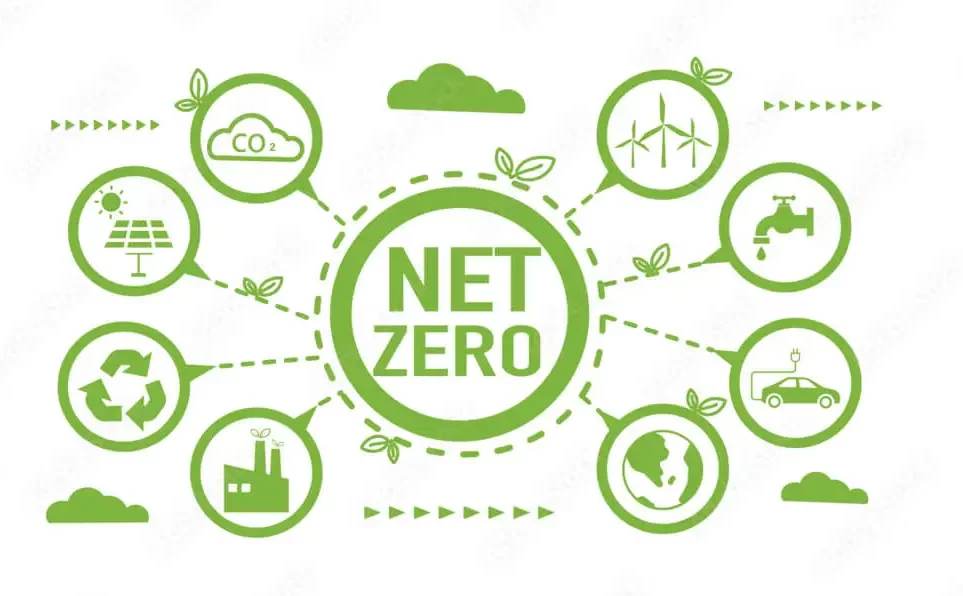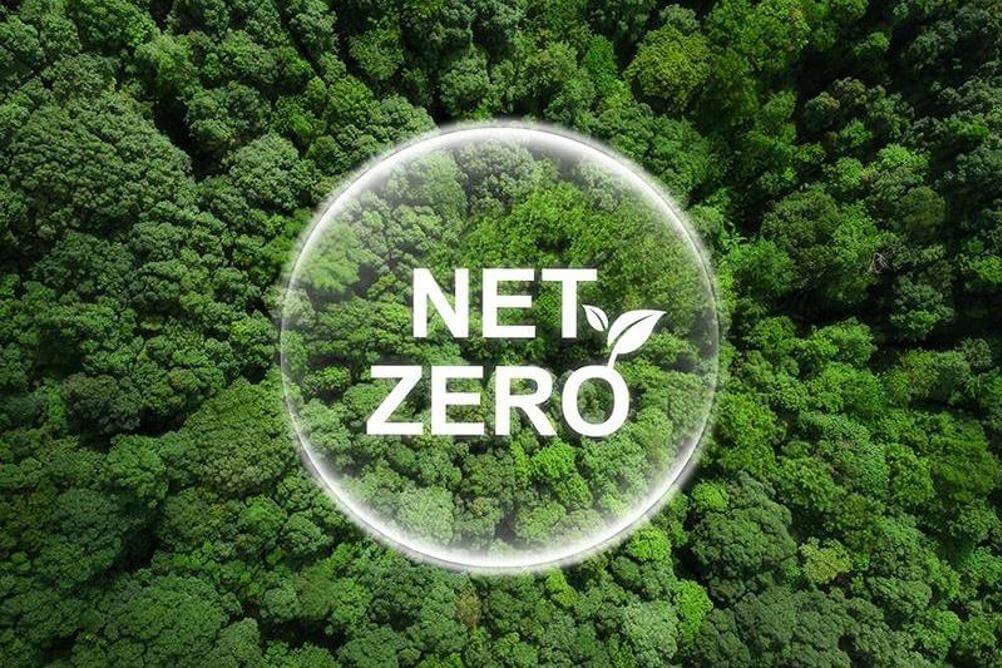
Carbon Accounting
The Critical Role of Carbon Accounting in Enhancing ESG Practices for Sustainable Corporate Leadership

Unveiling the Concept

Carbon accounting is the process of measuring the amount of carbon dioxide equivalents (CO2e) an organization emits into the atmosphere. It is a critical step in environmental management, allowing businesses to understand their contribution to climate change. By tracking emissions from direct operations and indirect activities, carbon accounting offers a comprehensive view of a company's environmental impact. The concept emerged as a response to the growing awareness of the consequences of unchecked emissions and the global commitment to reducing the carbon footprint. It is now a fundamental tool for any business committed to sustainability, providing data that informs both short-term actions and long-term strategies. Moreover, it is the basis for reporting to stakeholders and complying with regulatory requirements related to greenhouse gases.
Why Carbon Accounting Matters

Carbon accounting is essential not just for tracking emissions, but for driving corporate responsibility and transparency. It is a critical element in identifying where and how companies can reduce their environmental footprint. In a world where sustainability is increasingly becoming a competitive advantage, carbon accounting helps businesses to stand out by demonstrating their commitment to responsible practices. It also plays a significant role in the financial sector, where investors are showing a strong preference for companies with robust ESG frameworks. By quantifying emissions, companies can set realistic and science-based targets for reduction, participate in carbon trading, and make informed decisions that align with global efforts like the Paris Agreement. Essentially, carbon accounting is not just about compliance; it is about taking actionable steps towards a sustainable future and contributing positively to the planet's health.

Effective Carbon Accounting
Emission Inventory
Cataloging sources of emissions to initiate carbon management.
Accurate Measurement
Applying standard methods to ensure precise emission quantification.
Carbon Sink Consideration
Including absorption impacts in carbon calculations.
Efficiency Insights
Identifying savings through operational analysis.
Emission Strategy Impact
Assessing reduction efforts for global benefit.
Regulatory Preparation
Adapting to avoid future fines and drive eco-innovation.

The Role of Business Leaders

Business leaders have a crucial role in integrating carbon accounting into their corporate strategy. They must champion the importance of sustainability and ensure that it becomes a core element of the company's culture and operations. Leadership commitment is vital for setting ambitious yet achievable carbon reduction targets and investing in the necessary resources to meet them. Leaders are also responsible for promoting transparency and accountability by regularly communicating progress to employees, shareholders, and the public. By leading by example, they can inspire their teams and encourage innovation that supports sustainable growth. Additionally, business leaders can influence their peers and the broader industry, advocating for better environmental practices and policies. Ultimately, their proactive approach to carbon accounting can drive positive change, positioning their companies as responsible stewards of the environment.
Steps toward a Lower Carbon Footprint

Reducing a company's carbon footprint begins with setting clear, data-driven goals. Carbon accounting is the tool that provides the necessary data. Once a baseline is established, companies can take several steps to reduce their emissions. These include investing in energy-efficient technologies, adopting renewable energy sources, and optimizing supply chain logistics. Encouraging telecommuting and virtual meetings can also cut down emissions related to employee commuting and business travel. Engaging employees in sustainability initiatives helps in creating a culture of environmental awareness within the organization. Furthermore, businesses can explore carbon offset programs as part of their strategy to mitigate their remaining emissions. Implementing these steps requires careful planning and monitoring, but the payoff is substantial: reduced operational costs, compliance with regulations, and the establishment of a sustainable and resilient business model.

Related articles
What causes carbon footprint? From everyday activities to industrial impacts, learn how to mitigate your environmental footprint effectively."
Understand carbon footprint units like CO2e and kilograms to measure and reduce your environmental impact effectively.
Ecuador's Zero Carbon Programme is a testament to the country's commitment to sustainability, setting a global example. This guide highlights the program's strategies, benefits, and how businesses can align with these green initiatives.
Discover the importance of Carbon Reporting in our analysis of Carbon accounting. Learn how to communicate your sustainability efforts clearly and transparently. Read more
Global Net Zero Programs leading the charge towards sustainability. From Latin America's innovative policies to the EU's Green Deal, this guide illuminates the path to a greener future for businesses, policymakers, and individuals.
Colombia's Carbon Neutral National Program is a beacon for sustainable transformation, blending ambitious goals with actionable strategies. This guide delves into its impact on businesses and society, showcasing the path to a greener future.
Unlock Net Zero strategies in finance to combat climate change. This guide for finance pros offers a roadmap to sustainability, benefits, and innovation.
The Future of Finance: Banks' Strategic Path to Net Zero Compliance. Discover how banks can lead the charge towards a sustainable future by aligning with the Net Zero Banking Alliance.
The pivotal role of Net Zero in transforming the finance sector towards sustainability. This comprehensive guide delves into actionable strategies, pioneering examples, and the future of banking with Net Zero goals.
Glasgow Financial Alliance for Net Zero (GFANZ): A groundbreaking initiative uniting the world's leading financial institutions in the quest for a sustainable future. Learn how GFANZ is steering the global finance sector towards net-zero emissions by 2050, aligning billions in assets with the goals of the Paris Agreement.
Join the transformative journey with the Net Zero Banking Alliance: A global initiative uniting banks in the fight against climate change. Discover how over $130 trillion in assets are being steered towards a sustainable future, fostering innovation, and driving the banking industry towards a net-zero carbon economy.














